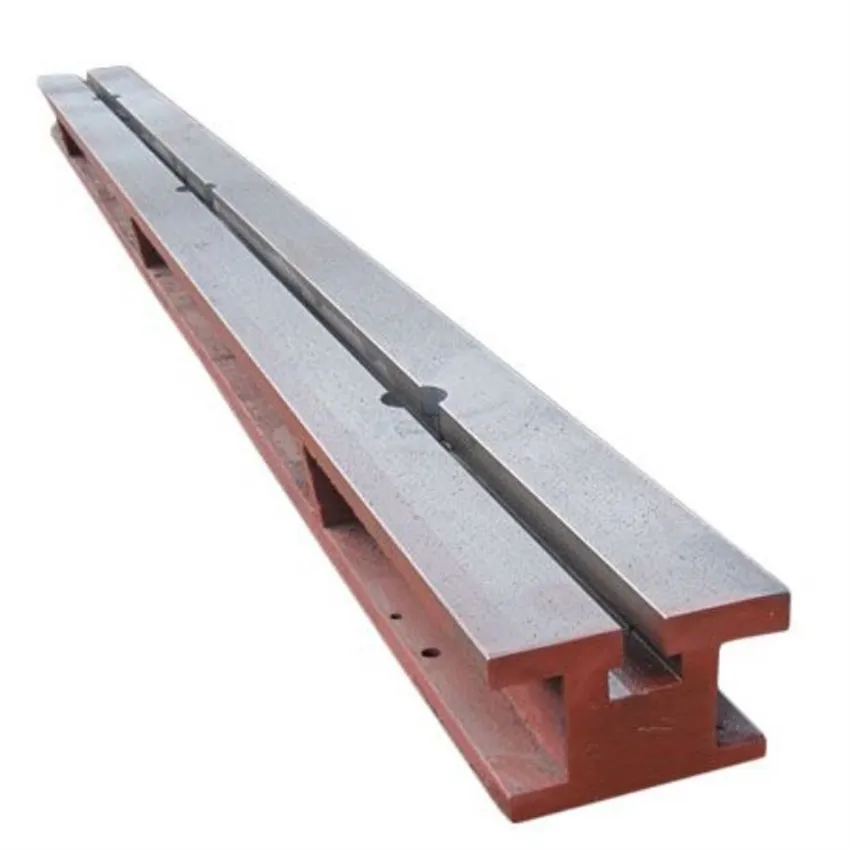Oct . 06, 2024 19:39 Back to list
pin gauge sizes
Understanding Pin Gauge Sizes A Comprehensive Guide
Pin gauges are precision measuring instruments widely used in engineering and manufacturing. They primarily serve to verify hole sizes and ensure that components fit together correctly. The importance of pin gauge sizes cannot be overstated, as they play a crucial role in quality control and precision machining. This article aims to provide a comprehensive overview of pin gauge sizes, their classification, applications, and how to choose the right gauge for your needs.
What Are Pin Gauges?
Pin gauges are cylindrical rods, usually made from hardened steel, that come in various diameters. Their primary purpose is to check the dimensional accuracy of holes and slots in workpieces. By inserting a pin gauge into a hole, manufacturers can determine if the hole's size meets specified tolerances. Pin gauges can be classified into two types Go and No-Go gauges.
- Go Gauges These have a diameter that matches the specified tolerance limit. If the gauge fits into the hole, it indicates that the hole is within acceptable limits. - No-Go Gauges These are slightly larger and are used to confirm that the hole does not exceed the specified limits. If a No-Go gauge does fit, it means the hole is out of specification.
Standard Sizes
Pin gauges come in standardized sizes to facilitate their use in various industries. The American National Standards Institute (ANSI) and the International Organization for Standardization (ISO) set the benchmarks for these sizes, ensuring consistency across different manufacturers and applications.
Typically, pin gauges are available in sizes measured in millimeters or inches. A common set includes sizes ranging from 0.5 mm to 20 mm in metric systems and from 0.001 inch to 1 inch in imperial systems. These sizes are often presented in specific increments, such as 0.1 mm or 0.005 inch, allowing for precise measurement.
Applications of Pin Gauges
Pin gauges are indispensable in various sectors such as automotive, aerospace, and manufacturing
. They are used for1. Quality Control Ensuring that production parts meet required specifications. 2. Tool and Die Making Verifying the accuracy of molds and dies. 3. Assembly Processes Checking hole sizes before final assembly to prevent errors and rework.
pin gauge sizes

Pin gauges are versatile tools that can measure round holes, slots, and even keyways, making them essential for a broad range of applications.
How to Choose the Right Pin Gauge Size
Selecting the proper pin gauge size is critical for achieving accurate measurements. Here are some tips to consider when choosing pin gauges
1. Know the Specifications Understand the diameter and tolerance requirements of the holes you will be measuring. This knowledge is essential for selecting the correct Go and No-Go gauges.
2. Material Properties Opt for pin gauges made from hardened steel for durability and precision. This material ensures that the gauging remains consistent even after multiple uses.
3. Consider the Measurement Range Ensure that your pin gauge set covers the entire range of sizes needed for your projects. A well-rounded set will provide flexibility for various applications.
4. Calibration Regularly check the calibration of your pin gauges. As with any precision measuring tool, wear and tear can affect accuracy over time.
5. Storage and Maintenance Proper storage is crucial for maintaining pin gauges. Use protective cases to prevent scratches and damage, which can impact measurement accuracy.
Conclusion
Pin gauges are vital tools in modern manufacturing and quality control processes. Understanding the sizes and their applications enables engineers and machinists to maintain high standards of precision and accuracy in their work. By choosing the right pin gauge and ensuring proper maintenance, manufacturers can reduce the chance of errors and improve the overall quality of their products. Whether you are a seasoned professional or a newcomer to the field, mastering the use of pin gauges will undoubtedly enhance your measuring capabilities and ensure product integrity.
-
Y Type Strainer Maintains System Efficiency Long TermNewsJul.15,2025
-
Valve Selection Guide for Industrial ApplicationsNewsJul.15,2025
-
Steel Fab Table Provides Durable Work Surface for WeldingNewsJul.15,2025
-
Pad Iron Provides Stable Support for Heavy MachineryNewsJul.15,2025
-
One Inch Check Valve Fits Standard Plumbing SystemsNewsJul.15,2025
-
Measuring Micrometer Ensures Precise Dimensional AccuracyNewsJul.15,2025
Related PRODUCTS









